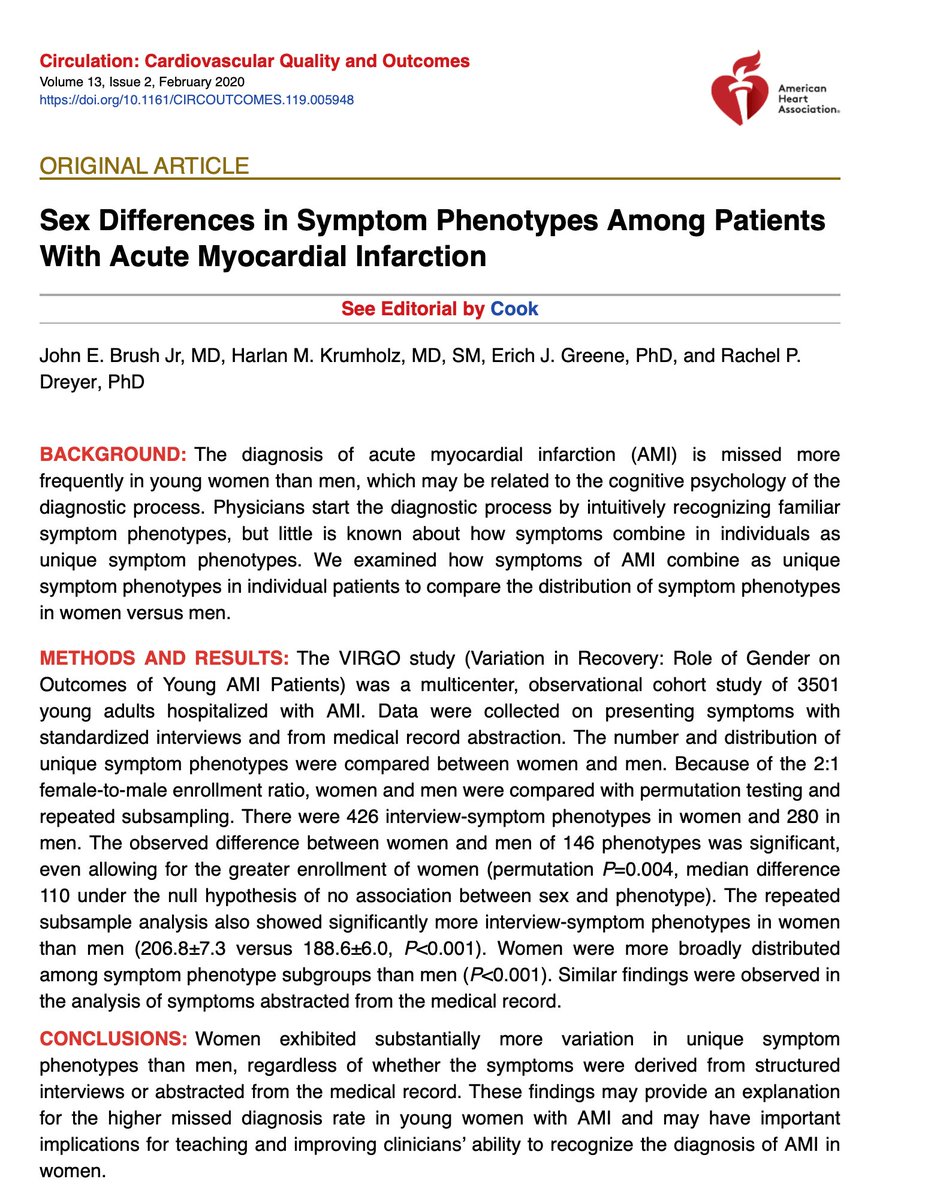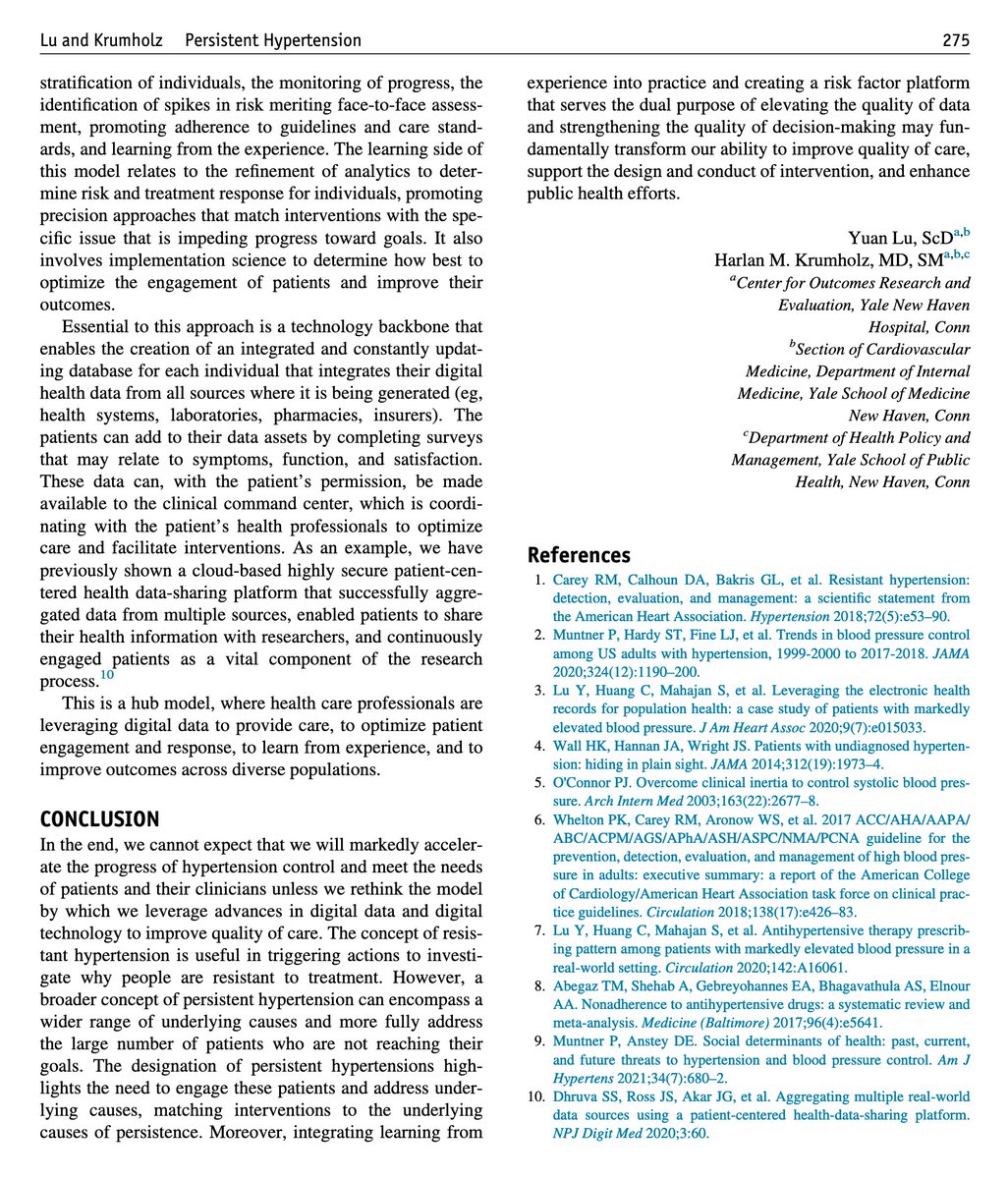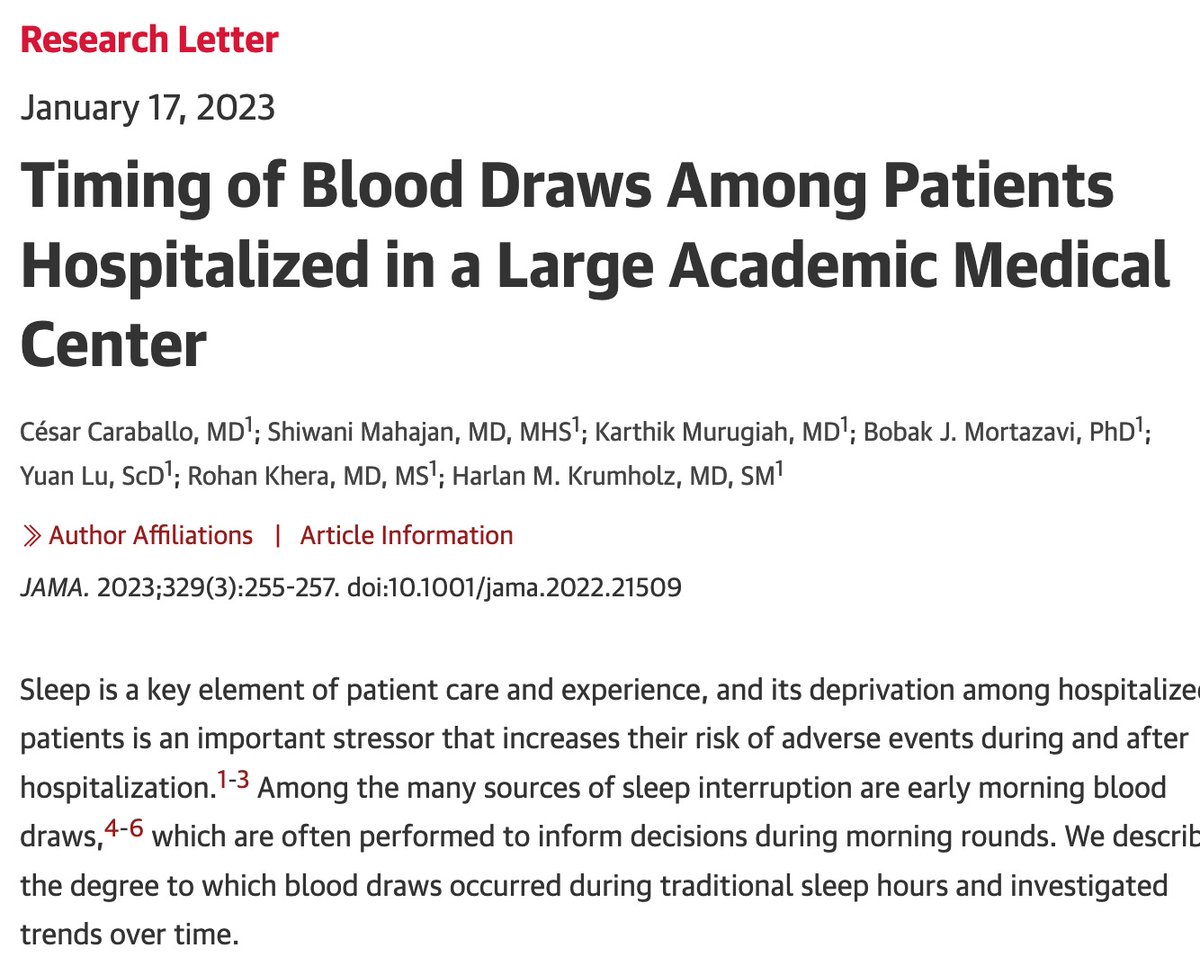Worth reading, policymakers please take note. “Vaccine hesitancy: why American values matter” The argument for transparency and independent evaluation in vaccine evaluation. Brillant and needed piece by @davidbeier1747 @LawrenceGostin @TomBollyky biocentury.com/article/630376 

@davidbeier1747 @LawrenceGostin @TomBollyky The authors 'We argue that two concrete policy steps could go a long way toward establishing public trust in COVID-19 vaccines:full and public disclosure of all data used to justify approval of a vaccine, and the creation of an independent and bipartisan committee to advise FDA.'
@davidbeier1747 @LawrenceGostin @TomBollyky They go on to say: 'We believe that the last chapter of this steeplechase will be whether enough people get vaccinated. Current and expected levels of vaccine hesitancy are far too high to end the pandemic.’
@davidbeier1747 @LawrenceGostin @TomBollyky And from the authors... ''The ultimate success marker in thwarting COVID won’t be speed, but safety and efficacy, and public trust.’
@davidbeier1747 @LawrenceGostin @TomBollyky And I so agree with their recommendations… starting with this one… 'FDA can require vaccine companies to fully and publicly disclose the underlying safety and efficacy data used to justify approval, while still ensuring personal data are de-identified.’
• • •
Missing some Tweet in this thread? You can try to
force a refresh
















